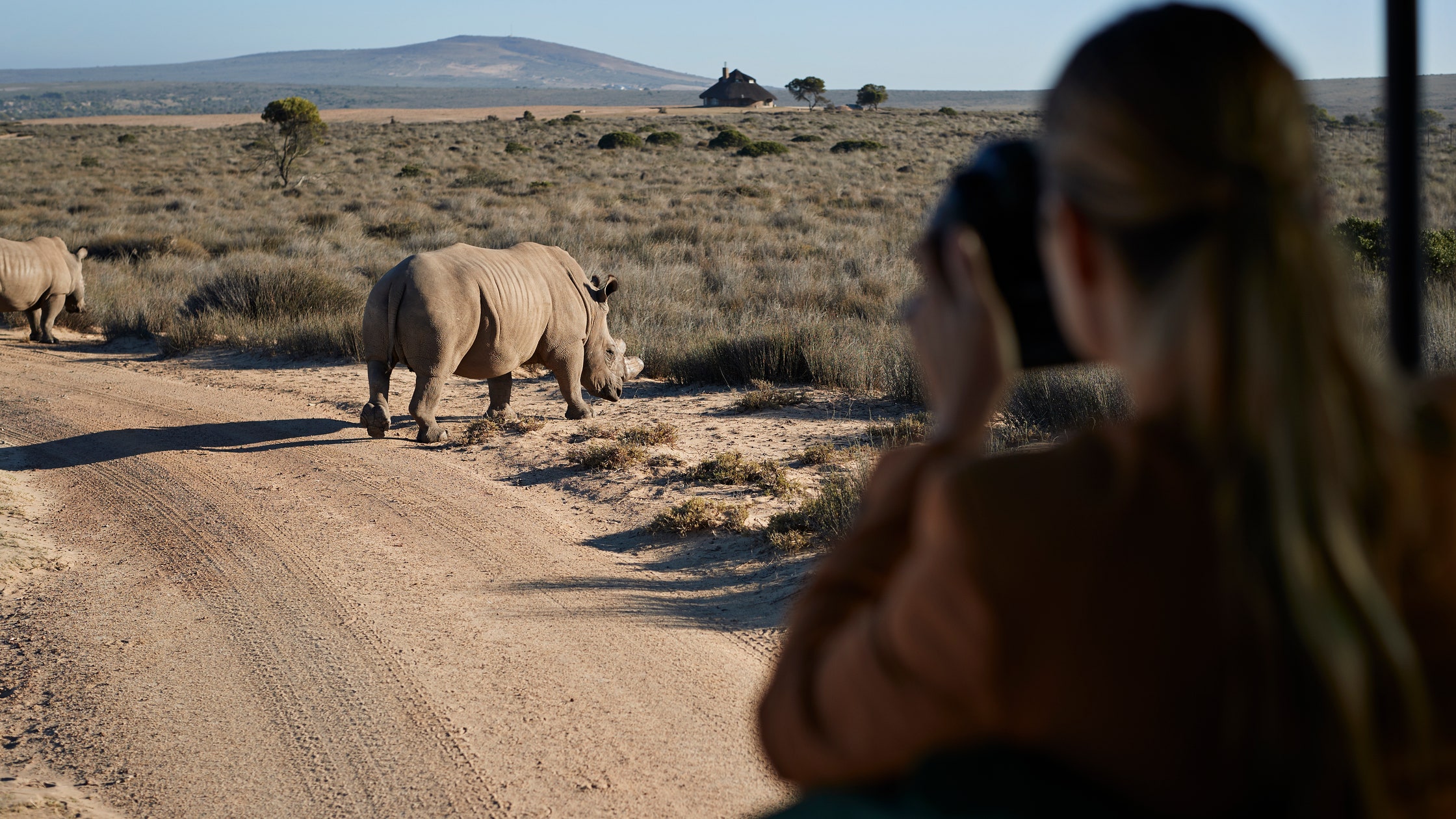Where to Start When Planning Your First Safari
For first-timers, embarking on the journey to plan a safari may feel overwhelming due to the sheer number of options available. Major destinations with excellent infrastructure and a variety of parks include South Africa, Kenya, Tanzania, Namibia, Botswana, Zimbabwe, and Zambia. Before diving into extensive research, it can be beneficial to visualize the basics of your desired safari experience.
Defining Your Safari Experience
Are you seeking a classic Big Five East African safari? The term ‘big five’ refers to lion, leopard, rhinoceros, elephant, and buffalo. Alternatively, do you yearn for a more adventurous and undefined safari experience? Ask yourself what you hope to achieve on this trip and how you want to feel throughout the experience. Create a detailed wish list to clarify your priorities.
- Do you prioritize having the best guides in Africa or sumptuous lodges to relax in?
- Will your safari include beach time or culinary road trips?
- Are you drawn to the great migration in the Serengeti every July and August?
- Is your ideal landscape a vast wilderness or a serene watery delta?
How to Find a Specialist for Your Safari Adventure
After identifying your preferences, it’s important to consult a specialist operator. These experts are adept at aligning your wishes with a detailed plan. They possess in-depth knowledge about animal movements and seasonal conditions in various countries, offering remote and exclusive safari experiences.
Reputable travel planners, such as Journeys by Design, Aardvark Safaris, and Africa Travel Centre, can provide expert advice on less-visited areas rich with wildlife, ensuring you avoid the crowds. Moreover, they can connect you with activities like walking safaris, horseback riding, and air safaris.
Sustainability and Conservation in Safari Travel
Thankfully, the safari industry is home to numerous responsible operators and lodge owners dedicated to sustainable travel and cultural integrity. They actively engage in conservation efforts aimed at combating poaching and mitigating climate change impacts. Always request reports on their sustainability practices to better understand their community engagement and ethical commitment.
Choosing Accommodations: Lodges and Camps
Your safari accommodations can range from luxurious lodges to tented camps under canvas. Over the past decade, some high-end camps have introduced exclusive-use villas with private chefs and guides, making them popular among families and celebrities.
Typical Safari Day Itinerary
The daily schedule on a safari generally follows a predictable pattern. Early mornings begin with a wake-up call and a caffeine boost before you embark on an adventure in an open-air game vehicle. As the sun rises, you may encounter big cats concluding their night-time activities.
Breakfast or lunch might be served in the bush, followed by opportunities for relaxation or cultural experiences in the afternoon. Evening activities often include game drives, sundowners, and socializing over dinner.
The Importance of Skilled Safari Guides
Exceptional safari guides are crucial, as they bring the experience to life through their expertise and familiarity with the ecosystem. Top lodges often support training programs that ensure guides are highly skilled and knowledgeable.
Practical Tips for Safari Planning
- Consider the remoteness of your chosen lodge and the proximity of other lodges.
- A private vehicle enhances wildlife viewing and provides flexibility during sightings.
- Plan your transport wisely; some journeys may be longer and less comfortable than anticipated.
- Be mindful of baggage allowances, especially for small aircrafts.
- A safari may not focus on exercise, so look for lodges that offer fitness options if you prefer.
Photography on Safari
This is a perfect opportunity to utilize that single-lens reflex camera you may have. Employing a 300mm lens can greatly enhance your wildlife photography. Be aware of the seasonal influences on wildlife visibility, and don’t hesitate to use your smartphone for candid moments.
Safari with Children
Taking children on safari fosters a sense of adventure and appreciation for the natural world. Many lodges welcome children aged six and above, with private vehicle arrangements often required. Opting for malaria-free areas simplifies planning for younger travelers. Choose lodges that offer engaging programs tailored for kids to ensure an enriching experience for the whole family.
Tipping Etiquette on Safari
As a guideline, budget around 10-15% of your total safari cost for tips. Guides typically receive $15-20 USD per person per day, and it’s customary to tip lodge staff as well. Check for any included charges in your final bill to avoid confusion.
Health Considerations: Immunizations and Medications
Some African countries may require immunizations, such as yellow fever, typhoid, and hepatitis A and B. Always verify malaria risks specific to your travel destinations to ensure you are adequately prepared.
Understanding Visa Requirements
For detailed and updated visa information, consult local government travel advisory resources to ensure you meet all necessary entry requirements for your destination.




